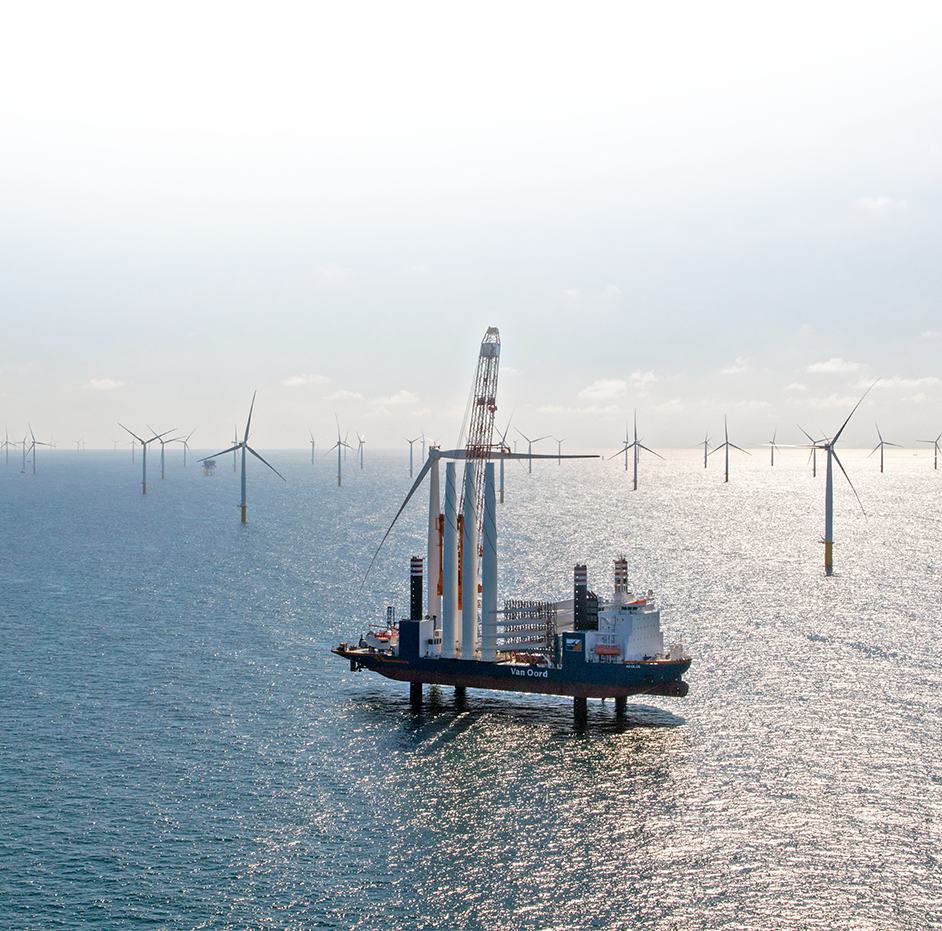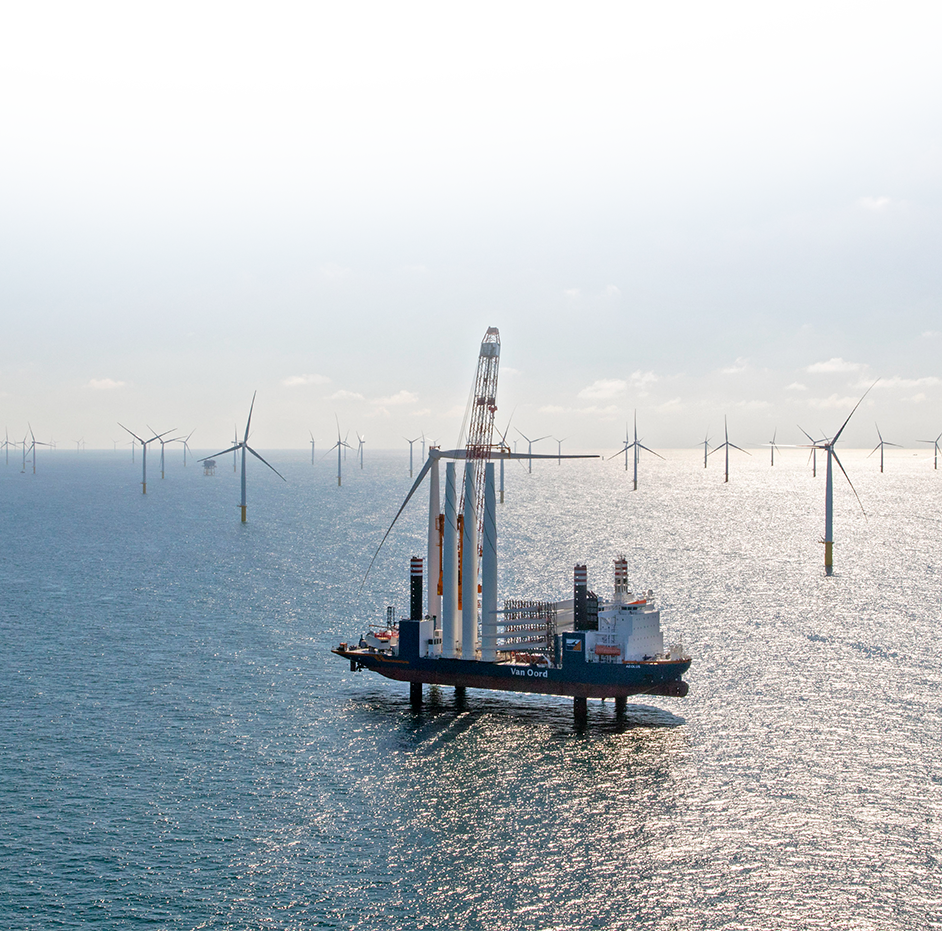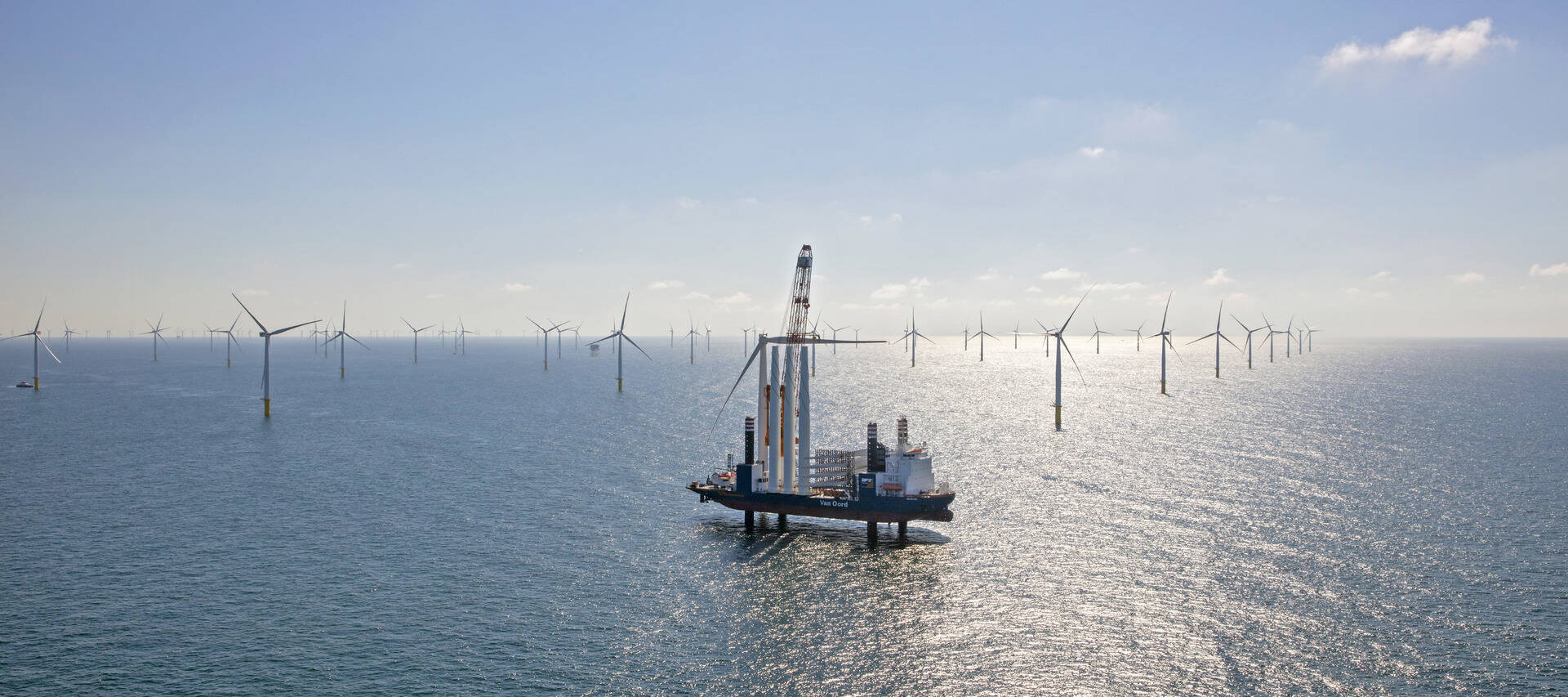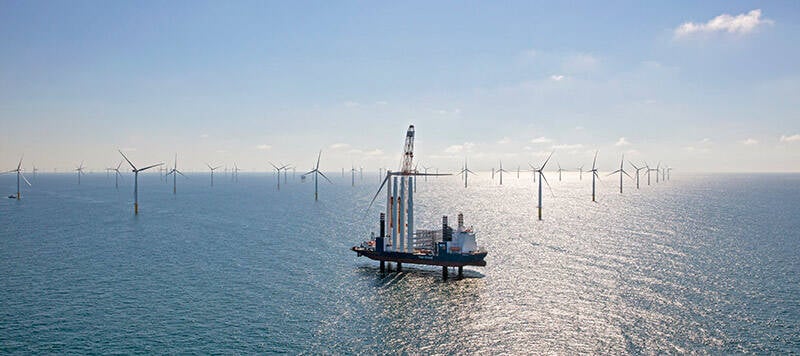We have to get going. Society will have to be fundamentally restructured if we are to achieve the goals of the Paris Climate Agreement. This will come at a cost. According to global management consulting firm McKinsey & Company, the Dutch energy transition will cost EUR 200 billion.



On the other side of this coin are all the opportunities and benefits the energy transition will offer. In the past, people only looked at the price tag. Now, though, we know that CO₂ efficient energy facilities lead to entirely new industries, such as offshore wind. The North Sea can mean for us what oil and gas have meant to Saudi Arabia for decades.
Offshore wind is developing extremely well. The step we now want to take is to accelerate the transition to cleaner energy. By winning tenders for two offshore wind farms, Borssele III & IV, we and our consortium partners are showing the world that offshore wind energy will, over time, be a serious competitor for all other forms of energy generation. The bid was won based on such factors as operational expertise, technical innovation, and larger turbines. This is the turning point for the offshore wind industry.
The energy transition is comparable to the construction of the Delta works, where a disaster resulted in a ground-breaking project. These kind of projects contribute to the reputation as a Dutch centre of expertise in marine engineering. As a country, we are not at the head of the pack when it comes to energy transition, but we could still find ourselves running in first place; just look at how rapidly we have become an example to other countries in reducing the costs of offshore wind.
How will we, as the Netherlands, proceed through the energy transition? Will we lag behind or will we really get moving? In an interview, the Dutch Minister of Economic Affairs - Henk Kamp - takes a closer look at the opportunities offered by offshore wind.
Van Oord, and around 50 other companies, see the energy transition as an opportunity. Together with Eneco, the Port of Rotterdam Authority, Shell Netherlands, and Siemens Netherlands, we are taking the initiative, in the context of the Transition Coalition, to call on the Dutch government to get down to business and pass a climate law. Anyone who thought that the business community wanted as little government interference as possible and had no interest in strict measures to combat climate change, thought wrong. A climate law with clear targets for the coming decades, a single ministry for the economy, the climate, and energy, and a climate authority that regulates how those targets will actually be achieved: the energy transition will offer all of us new perspectives.
Pieter van Oord
We have to get going. Society will have to be fundamentally restructured if we are to achieve the goals of the Paris Climate Agreement. This will come at a cost. According to global management consulting firm McKinsey & Company, the Dutch energy transition will cost EUR 200 billion.







